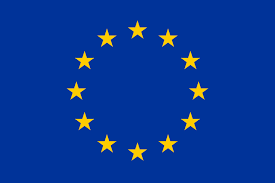Challenges and Insights from the eCare Project: Innovating Elderly Patient Care in Aachen
Until now, we have only been familiar with PCP projects under the premise that the coordinator and lead are based in the same institution. eCare was the first project for us where this was not the case – and it has shown that it is indeed feasible, though challenging for everyone involved. As a university hospital and maximum care provider in the Euregio (Germany, Netherlands, and Belgium) we certainly hold a special position in this project.
We joined the project at a later stage, and we started the project in the middle of the COVID-19 pandemic, which meant that numerous medical and scientific personnel resources were initially unavailable to us. Initially, we were to take on the role of a large acute hospital in the group of procurers, even though as a state institution we could not assume the traditional position and function of a procurer.
As we do not yet have a holistic, comprehensive digital patient health record in Germany, the process of transitioning from acute inpatient care to outpatient follow-up care is a very sensitive process due to the potential loss of information. This situation impairs sufficient follow-up care, especially for older people, because the loss of information can lead to overuse, underuse and misuse, as well as repeat admissions to the hospital, and therefore also represents an economic risk.
The aim of our participation was to gain more detailed insights into the care options for older, frail patients after discharge from acute inpatient care. Unfortunately, we were unable to pursue this goal for the Aachen site as originally planned. During the course of the project it became clear that, as a scientific institution we face particularly high ethical requirements. As a result, we were unable to actively participate in the field testing of the two solutions. This meant that we had to find an alternative contribution to the project and its objectives, so we conducted a qualitative survey of the older Aachen population on their affinity for and use of technology, which is currently still being evaluated.
We have become even more aware of the importance of this cross-sectoral care problem over the course of the project. As the ICDM and Telemedicine Center, we want to build on this approach and create new cross-sectoral follow-up care structures for frail elderly people in the future.






